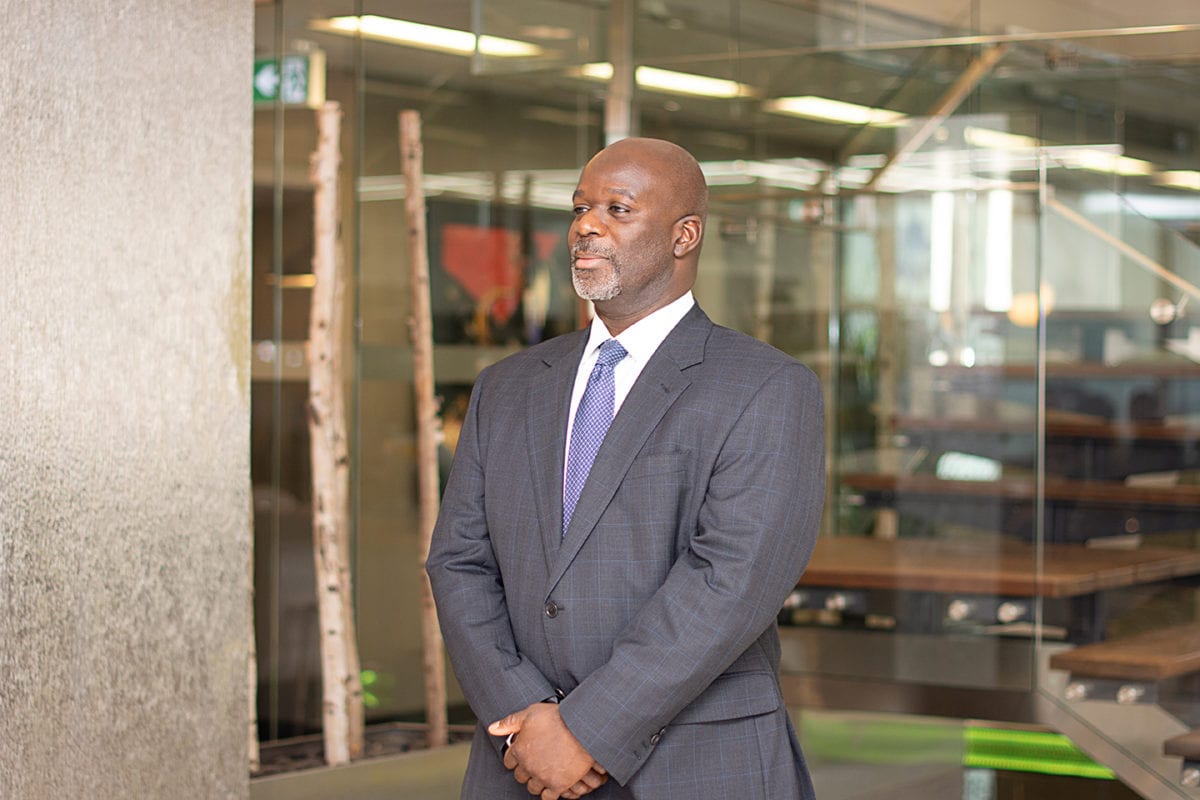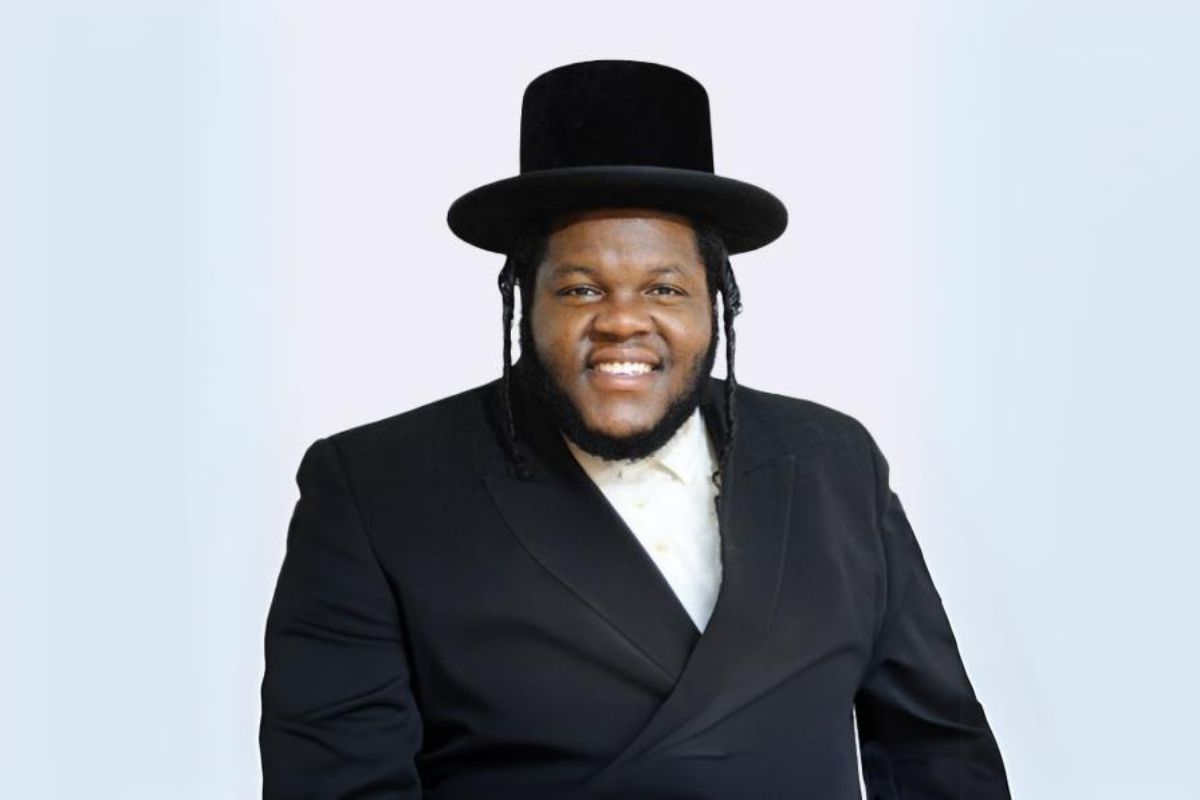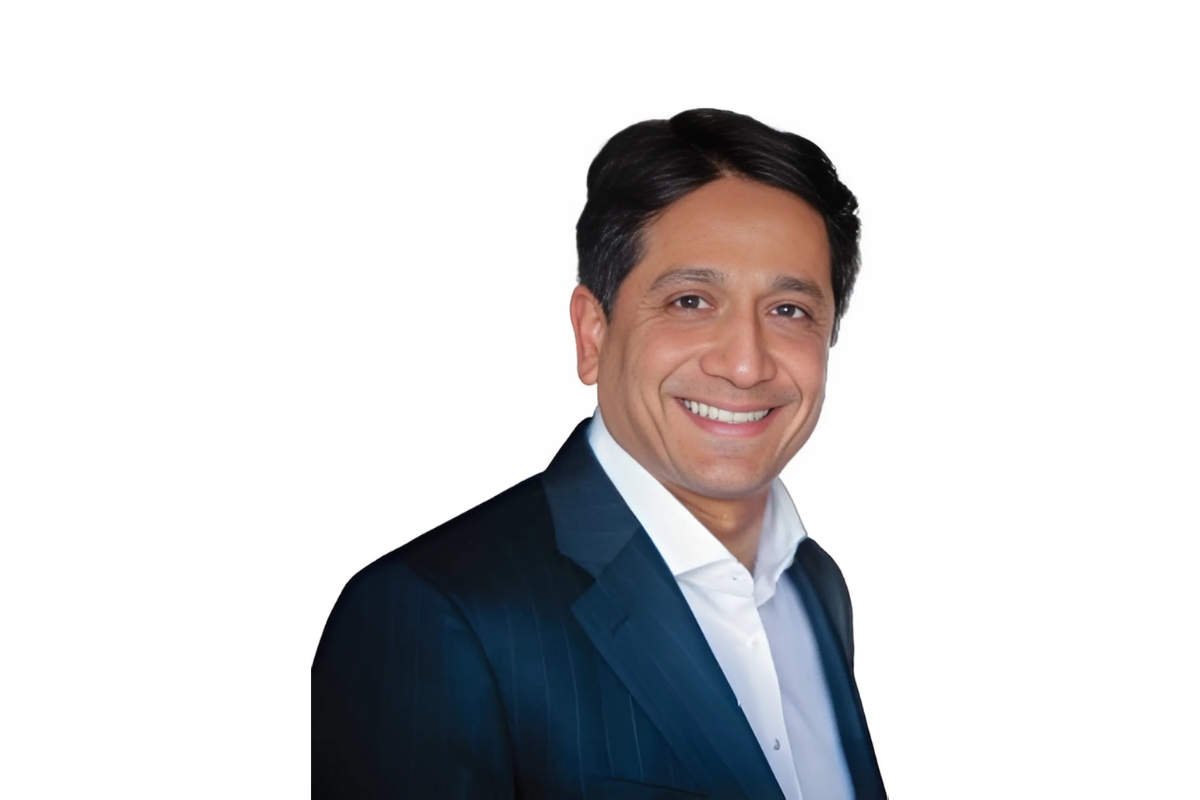Once a young dreamer envisioned touchdowns as a pro football player, Dennis Mitchell experienced the harsh reality of life’s unexpected turns. Injuries and multiple knee surgeries shattered his football aspirations, but Dennis refused to stay defeated. With unwavering determination, he swiftly transitioned to a new playing field—the world of finance.
Starting with his undergraduate degree at Wilfrid Laurier University and later completing a Master of Business Administration at York University, Mitchell embarked on a decades-long journey where success became his second nature. With a Midas touch, he transformed mere millions into hundreds of millions of dollars, leaving an indelible mark on the global real estate and infrastructure investment landscape.
In 2018, Mitchell rallied a team of diverse and talented professionals to establish Starlight Capital, an investment firm specializing in listed global real estate and infrastructure securities. Today, as the Chief Executive Officer and Chief Investment Officer, Dennis’s expertise and leadership have propelled the company to new heights.
In his recent interview with The Edge, Mitchell shares insights on navigating business challenges, embodying exceptional leadership, and confronting life’s inherent risks head-on. Dennis Mitchell’s remarkable journey is a testament to resilience, adaptability, and an unyielding pursuit of success.
How has the COVID-19 pandemic and its far-reaching impact on global markets influenced Starlight Capital’s investment strategies? Could you provide insights into your firm’s specific adjustments or adaptations to navigate these extraordinary periods?
Starlight Capital’s investment strategy remains unaffected by pandemics, financial crises, high inflation, or other market events. The firm focuses on buying great businesses that offer sufficient returns for the level of risk involved. While weaker quality businesses may experience temporary market recovery, in the short term, they may lose market share and see significant declines in cash flows. Therefore, Starlight Capital remains committed to investing in high-quality businesses that can withstand economic challenges and deliver long-term value.
As interest rates continue to be a hot topic in the financial industry, how do you foresee changing interest rates affecting the investment landscape? And how is Starlight Capital positioning itself to capitalize on potential opportunities or mitigate risks?
Higher interest rates hurt all assets and tend to slow down economic growth. However, markets often overcorrect and create opportunities to acquire excellent businesses at substantial discounts to their intrinsic value. Starlight Capital concentrates portfolios on the highest quality businesses in response to changing interest rates. This approach allows them to capture abnormally high returns from businesses that can be held long-term rather than trading into weaker quality businesses for short-term gains.
Can you provide insights into Starlight Capital’s investment philosophy and approach? How do you identify investment opportunities and manage risk to deliver consistent client returns?
Starlight Capital’s investment philosophy revolves around investing in high-quality businesses that meet specific criteria. These criteria include strong, recurring free cash flow, possession of irreplaceable assets, low leverage, and strong management. High-quality businesses often generate more cash flow than needed for their operations and growth plans. They also tend to provide steady dividend growth, allowing Starlight Capital to hold their stocks even during economic downturns. Risk management involves avoiding permanent losses of purchasing power, sacrificing some upside potential to prevent long-term losses, and focusing on businesses that can survive economic stress and emerge stronger.
Where do you currently see the most promising opportunities in terms of investment sectors? Are there any particular industries or themes in which Starlight Capital actively explores or invests?
Starlight Capital currently identifies promising investment opportunities in sectors that have experienced recession-like pullbacks, such as healthcare, technology, financials, real estate, and small caps. These sectors offer strong growth potential and discounted valuations, making them attractive for investment. By focusing on factors like revenues, margins, cash flows, and dividends, Starlight Capital identifies high-quality businesses within these sectors that demonstrate material growth potential.
Environmental, Social, and Governance (ESG) considerations have gained significant traction recently. How does Starlight Capital integrate ESG principles into its investment decisions, and what benefits do you believe this approach brings to investors and the broader society?
Starlight Capital considers Environmental, Social, and Governance (ESG) principles in its investment decisions, recognizing their benefits to investors and society. Research indicates that firms with more significant gender and racial diversity within their management ranks tend to deliver more robust financial performance because diversity fosters optimal decision-making and implementation processes within a business. By investing in high-quality businesses that have already recognized the importance of diversity and optimized their performance, Starlight Capital naturally benefits from its ESG strategies, leading to enhanced financial performance.
With the increasing popularity of alternative investments, such as real estate or infrastructure funds, how does Starlight Capital incorporate these asset classes into its investment offerings? What potential advantages do these alternative investments offer for investors seeking diversification?
As alternative investments, real estate and infrastructure funds have gained popularity due to their potential advantages in diversification. Starlight Capital incorporates these asset classes into its investment offerings by providing clients with real estate and infrastructure strategies. These strategies include both listed securities and private investments. Real estate and infrastructure have historically outperformed global equities and offer tax-efficient income to investors. By adding these asset classes to a traditional portfolio consisting of fixed-income and diversified equities, investors can potentially achieve higher returns while reducing overall risk.
As the company’s leader overseeing many employees, what leadership traits have you discovered are most critical in your position?
Communication is the number one skill. [You can’t have it where] some people know more than others, and other people are aware of less. That can lead to poor decision-making. It can lead to resentment, so the key is communicating. A close second is holding people accountable. The moment people start thinking that they’re not accountable for their actions or not concerned with the overall success is when things start to slide out of control.
Who are your role models – personally and professionally – and why?
II would say professionally; my role model is Warren Buffett. From his integrity and investment success standpoint, it’s hard to go wrong when selecting someone like that. Personally, my role model is a gentleman named Gale Sayers. Gale Sayers was a fantastic football player who played for the Chicago Bears. The reason why he’s my role model because he suffered a similar injury to me, only he suffered his injury in the ’70s, and there was no orthoscopic surgery or any of that. It was just a matter of working out and getting your legs strong. It required him to be highly committed and work hard, and he returned an even better player than when he left. The story resonated with me even more after I hurt my knee.
Can you describe your career path and the factors that led to your significant impact on the finance sector in Toronto?
The defining moment in my career occurred when I was working as a financial advisor, and Warren Buffett disclosed his holdings in Coca-Cola. Inspired by this revelation, I immediately purchased a book called Buffettology and immersed myself in its teachings. Reading it cover to cover, I discovered my true passion: managing money professionally. This newfound purpose set the course for my career, directing my focus, energy, and ambition.
For the next six years, I dedicated myself to meeting people, writing reports, and attending interviews, relentlessly pursuing an opportunity. Finally, my efforts paid off, and I secured my first chance at Sentry Investments. Determined not to let anything hinder my progress, I was unwavering in my commitment, driven by the feeling of losing my first passion to injury.
With an $8-million real estate fund, my team and I diligently expanded it into an impressive $1.5 billion. Later, I assumed full responsibility for Global Equity’s business, starting with $60 million, and successfully grew it to $800 million. Each milestone of success fueled my determination to build a more extensive and accomplished team.
What challenges did you encounter on your remarkable journey to success?
The challenges I faced on my rise in the finance industry mirrored those confronted by anyone striving for outstanding achievements. Navigating the unpredictable market was a constant hurdle, as even when you make the right decisions, the market may disagree for prolonged periods.
Beyond that, I grappled with life’s uncertainties, including family responsibilities, travel, and the impacts of significant events such as market crashes and financial crises. Coping with these challenges requires strength, deep resilience, and adaptability, which are crucial qualities to succeed in the dynamic world of finance.
At the time, leaving a secure job that paid the bills was no easy choice, but I knew that expediting my career growth was the right path. This calculated risk paid off immensely, propelling me forward and leading me to establish Starlight Capital, a testament to my willingness to take bold steps and risks to pursue my ambitions.
What is the most valuable advice you’ve ever received, and how has it shaped your career?
Undoubtedly, the most precious advice I’ve received is to “do what you love.” While it may sound cliché, the power behind waking up every morning with genuine excitement for work cannot be overstated. Managing money has always been my passion, which makes it effortless to dedicate myself to my profession. Whether starting my day enthusiastically or staying late to achieve our goals, my love for what I do fuels my drive to deliver exceptional results.
Summary
Through Starlight Capital, Mitchell, and his team have developed an investment philosophy centred around high-quality businesses that offer sufficient returns for the associated risks. Their approach remains unaffected by market events or changing interest rates.
Mitchell’s remarkable story and Starlight Capital’s strategies showcase their commitment to delivering consistent returns and creating long-term client value.
Jennifer M. Williams | Editor-in-Chief




















